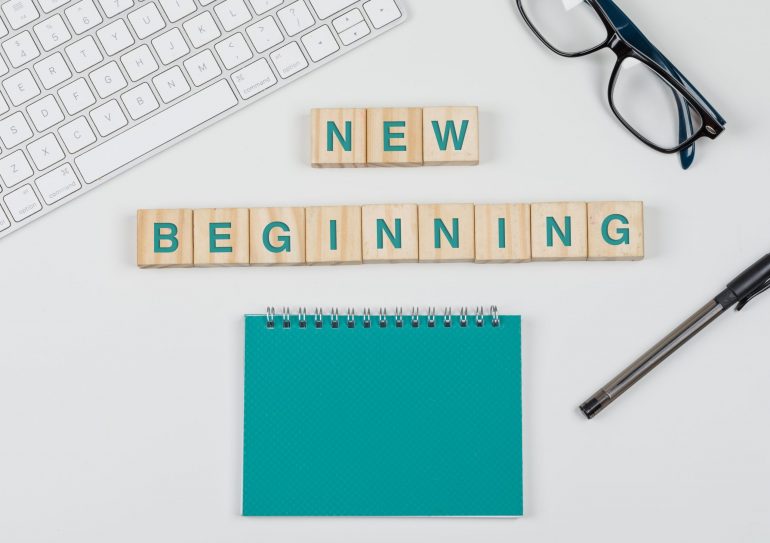
MAKING THE ACTUAL CHANGE
“I’M DOING IT!”
3-minute reading time
ACTION
“My roommate and I now go to the library to study three nights a week from 8:00 to 10:00mP.M.”
“I’ve switched from doughnuts to a whole-grain cereal for breakfast and have a lot more energy throughout the morning as a result.”
“When I feel the urge to smoke, a sugar-free mint satisfies my urge.”
What could these statements imply?
In the action stage, individuals visibly takes action requiring a huge amount of time and effort. The person is aware a problem exists and actively modifies their behaviour, experiences and environment in order to overcome the problem. Commitment is clear and a great deal of effort is expended towards making changes. This stage is most visible to others as they would see new behaviours taking place.
Individuals in this stage are also more open to receiving help and they seek for support from people around them. At this stage, clients are actively modifying their habits and environment.
Questions to ask about the “Action” stage.
- What stage is this?
This stage is also known as the ‘willpower’ stage and short-term rewards to sustain motivation are commonly used.
- How long does “Action” stage last?
This period usually lasts from one to six months.
- What is happening in “Action” stage?
Action involves a sustained effort at making changes. Clients have made a plan and have begun implementing it. Ambivalence and commitment are still issues. Too often people do not go back and re-evaluate their change plan. Where is it working? Where did it not? Is there a procedure for re-evaluating the plan? Has there been any planning for handling little slips?
Let us discuss some of the HR roles in helping an individual to work increase their self-efficacy in the action stage:
- Being able to focus on successful activity. If you are in the action stage, always remind yourself to focus on successful activity. Similarly, if a peer is in this stage, you could guide them do so by reminding them about their successful activity!
- Reaffirming one’s commitment is crucial in this stage. You could say “I believe in this and myself” or “I believe in you and your actions towards positive change”
- Make intrinsic attributions for success. You could act more as a monitor rather than further changing them or yourself in this stage.
This stage would eventually lead to Clear changes in behavior which are manifested and the risk of relapse diminishes as new behavior patterns replace the old problematic behavior.
Keep a watch on this space as we’re a step closer to the final stage on how to maintain this positive change!
By Darnisha & Lisa


